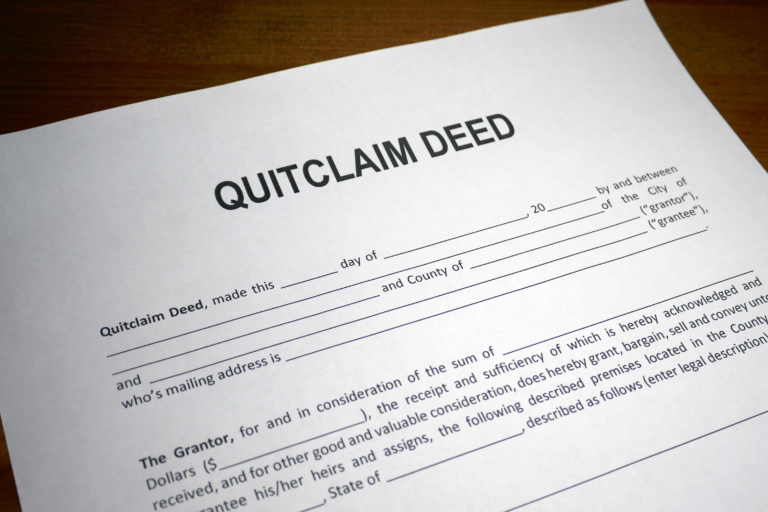Making a valid will in Florida is not particularly difficult. However, mistakes are easy to make, as there are certain formalities and requirements Florida wills must meet in order to be valid.
If you fail to comply with these rules, your will may be challenged or invalidated, and your estate may be distributed according to Florida’s intestacy laws, which may not reflect your true intentions.
How to Make a Valid Will in Florida
Step 1: Decide What You Want to Include in Your Will
The first step in making a valid will in Florida is to decide what you want to include in it. This means thinking about your assets, your beneficiaries, and your personal representative, among other things.
Here are some questions to ask yourself when making your will:
- What are your assets?
Your assets include everything you own, such as real estate, bank accounts, investments, vehicles, jewelry, furniture, etc. You should make a list of all your assets and decide how you want to divide them among your beneficiaries.
- Who are your beneficiaries?
Your beneficiaries are the people or entities who will inherit your assets according to your will. You can name anyone you want as a beneficiary, such as your spouse, children, relatives, friends, or even organizations.
You can also name alternate beneficiaries in case your primary beneficiaries predecease you or disclaim their inheritance.
- Who will be your personal representative?
Your personal representative is the person or entity who will be responsible for administering your estate according to your will. This includes paying your debts and taxes, collecting your assets, distributing them to your beneficiaries, and filing any necessary documents with the probate court.
Therefore, you should choose someone you trust and who is willing and able to perform these duties. You can also name an alternate personal representative in case your primary one is unable or unwilling to serve.
Step 2: Draft Your Will
The second step in making a valid will in Florida is to draft it. You can either write your own will or hire a professional, such as an estate planning attorney, to do it for you, as they can ensure that your will complies with all the legal requirements and formalities and that it reflects your wishes accurately and clearly.
Your will should contain clear and unambiguous language and avoid any errors or inconsistencies that could cause confusion or disputes during probate. This is why writing your own will may not be such a good idea. Writing ambiguous provisions can be far easier than most people would think. It is best to let an experienced Estate Planning Lawyer do it for you.
Step 3: Execute Your Will
The third step in making a valid will in Florida is to execute it. This means signing and witnessing it according to Florida law.
In Florida, the following rules apply for executing a valid will:
- You must be at least 18 years old and of sound mind when you sign your will.
- You must sign your will at the end of the document or have someone else sign it for you in your presence and at your direction.
- You must sign your will in the presence of two witnesses who must also sign the will in your presence and in the presence of each other.
Tips for Making a Valid Will in Florida
- Review your will periodically and update it as necessary.
You should review your will at least once a year or whenever there is a significant change in your life.
You can update your will by making a new will that revokes the old one or by making a codicil that modifies the old one.
However, you should always consult a qualified attorney before making any changes to your will, as they can ensure that your will remains valid.
- Store your will in a safe and accessible place.
You should keep your original will in a secure location and give copies of it to your personal representative, your spouse, your children, or other trusted persons. You should also inform them of where your original will is stored and how they can access it.
- Avoid making a holographic or oral will.
A holographic will is a will that is handwritten by the testator, without any witnesses. An oral will is a will that is spoken by the testator, usually in the presence of witnesses. In Florida, these types of wills are generally not valid.
We Can Help You
Making a valid will in Florida is easy when you work with experts.
At Jurado & Associates, P.A., we have the knowledge and expertise to help you with your estate planning needs. We can help you draft a will that complies with the legal requirements and formalities and that reflects your wishes and goals.
However, we can also help you create other estate planning tools, such as trusts, powers of attorney, and health care directives.
We are committed to making the estate planning process as easy and stress-free as possible for you.
If you are interested in making a will or have any questions or concerns about estate planning, please do not hesitate to contact us.
You can reach us by phone at (305) 921-0976, by email at [email protected], or by WhatsApp at +1 (305) 921-0976.






